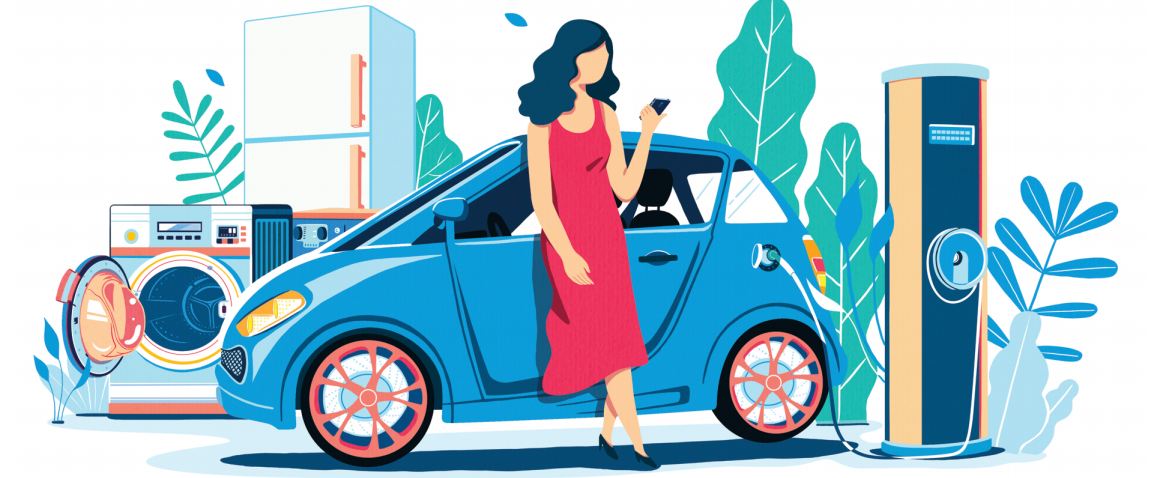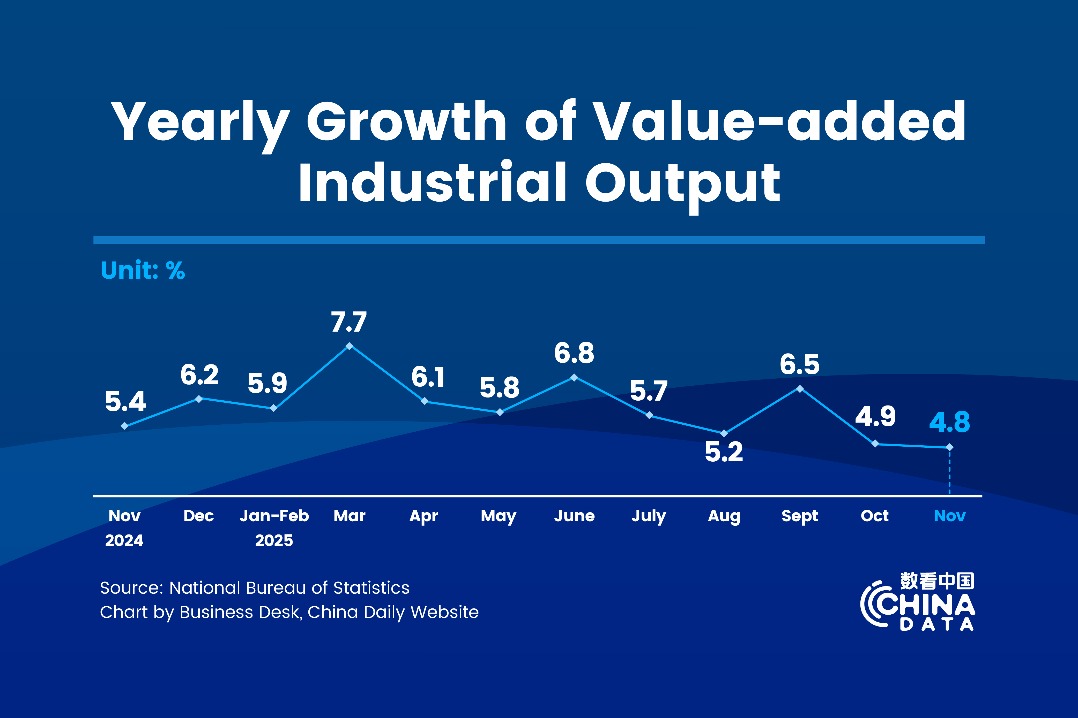Plan aims to stimulate consumption


Automobiles, household appliances and online shopping among sectors targeted for boost
China has decided to stimulate domestic consumption in automobiles, household appliances, online shopping and other sectors, which is expected to keep the economy stable in the wake of downward economic pressure the country started to face last year.
That is the goal of an implementation plan released by the National Development and Reform Commission and other nine departments to encourage consumption in certain areas, including online shopping in rural regions.
The plan offers 24 supportive measures in six aspects.
In the car-making sector, the subsidy for new energy vehicles will be optimized and rural residents will be encouraged to buy new cars. The secondhand car market will also be promoted.
In rural areas, the plan aims to unleash the potential of online shopping and tourism consumption. Local governments are encouraged to work with e-commerce companies in this field.
The document also promotes the use of green and smart household appliances in urban and rural areas. In high-quality consumption, the plan aims to accelerate the commercial use of fifth-generation mobile communication licenses and support television stations' adoption of 4K high-definition programs.
Infrastructure will be improved to overcome shortcomings in highways, energy, telecommunication, logistics, and charging facilities for new energy vehicles.
The plan is China's latest move in promoting consumption following last year's release of a guideline on boosting residential consumption and an action plan to improve the consumption mechanism by 2020.
In recent decades, the Chinese economy has shifted from an export and investment-driven model to one led by consumption.
Retailers and restaurants earned revenue of more than 1 trillion yuan ($148.31 billion) during the Spring Festival holiday, from Feb 4 to 10, up by 8.5 percent compared with the holiday last year, the Ministry of Commerce said on Sunday.
Consumption made a greater contribution to China's economic growth last year, with final consumption expenditure contributing 76.2 percent of overall GDP growth, Ning Jizhe, head of the National Bureau of Statistics, told a news conference hosted by the State Council Information Office last month.
Per capita consumption expenditure hit 19,853 yuan in 2018, a nominal increase of 8.4 percent year-on-year, the National Bureau of Statistics said. The increase was 1.3 percentage points higher than in 2017.
But last year also saw the first decrease in car sales in 28 years, and the stock prices of 23 of the 24 Chinese automakers listed in the A-share market fell by half or more.
Deducting inflation, retail sales of social consumer goods rose by a 10-year low of 6.5 percent - almost at the same pace as real disposable income - Yan Se, a business management professor at Peking University, told the Sohu Think Tank.
The implementation plan targets short-and long-term consumption, and focuses on stabilizing large-scale products while also cultivating new drivers, said Wang Yun, a researcher at the China Academy of Macroeconomic Research, which is affiliated to the NDRC.
The document is expected to optimize policies concerning automobiles, housing and household appliances, and also nurture new consumption such as information consumption represented by the 5G network, smart appliances and other services in line with China's population structure, Wang said.
China is estimated to have about 140 million families - around 400 million people - with annual incomes of 100,000 to 500,000 yuan that can afford cars, housing and travel, the NBS' Ning said. Consumption potential can be further unleashed by increasing residential incomes and improving product quality to build a strong domestic market, he said.
Ning also said the service sector, including education, child care, nursing for the elderly, medical services and tourism, will be promoted. In the meantime, residential incomes will be increased to boost the affordability of consumption, he said.
Investment has contributed less to economic growth since 2012, and consumption is expected to contribute more than 80 percent of the country's GDP growth this year, said Guo Xiaobei, a researcher at the Research Institute of China Minsheng Bank.
In the future, mid-and high-end consumption will play an increasingly vital role in domestic consumption as the middle-income group grows, Guo said.




































